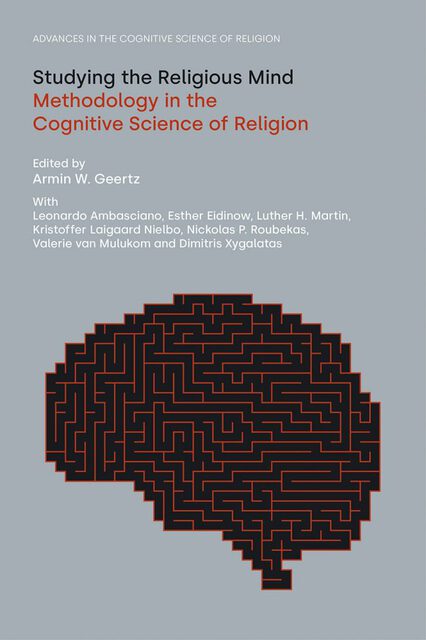LIBRARY COLLECTIONS
Complete Collection
Theory, Method & Special Topics
ACCESS
Authorized users can access the eBook using institutional credentials or personal password via the Read Online tab.
Methodology in the Cognitive Science of Religion
The cognitive science of religion does not have its own methodology, and yet from the very beginnings of the discipline, methodology has defined it not only in relation to the general study of religion in the humanities but also to the sciences interested in the mind. Scholars of the cognitive science of religion are using a range of methodologies, borrowing mostly from the cognitive sciences and experimental psychology, but also from biology, archaeology, history, philosophy, linguistics, the social and statistical sciences, neurosciences, and anthropology. In fact, this multi-disciplinarity defines the cognitive science of religion. Such multi-disciplinarity requires hard work and truly interdisciplinary teams, but also continual reflections on and debates about the methodologies being used. In fact, no study of the cognitive science of religion worth its name can rely on only one methodology. Triangulation is standard, but often even more approaches are used.
This book consists of selected papers from the Journal for the Cognitive Science of Religion and the Journal of Cognitive Historiography. Each chapter demonstrates a particular method or group of methods and how those methods advance our knowledge of the religious mind from the ancient past up to today.

ISBN-13 (Hardback) 9781800501607
Price (Hardback) £85.00 / $100.00
ISBN-13 (Paperback) 9781800501614
Price (Paperback) £45.00 / $50.00
ISBN (eBook) 9781800501621
Price (eBook) Individual £45.00 / $50.00
Institutional £85.00 / $100.00
Publication 04/10/2022
Pages 536
Size 234 x 156mm
Readership scholars
Illustration 21 colour and black and white figures
We use cookies to analyze our traffic. Please decide if you are willing to accept cookies from our website. You can change this setting anytime in Privacy Settings.